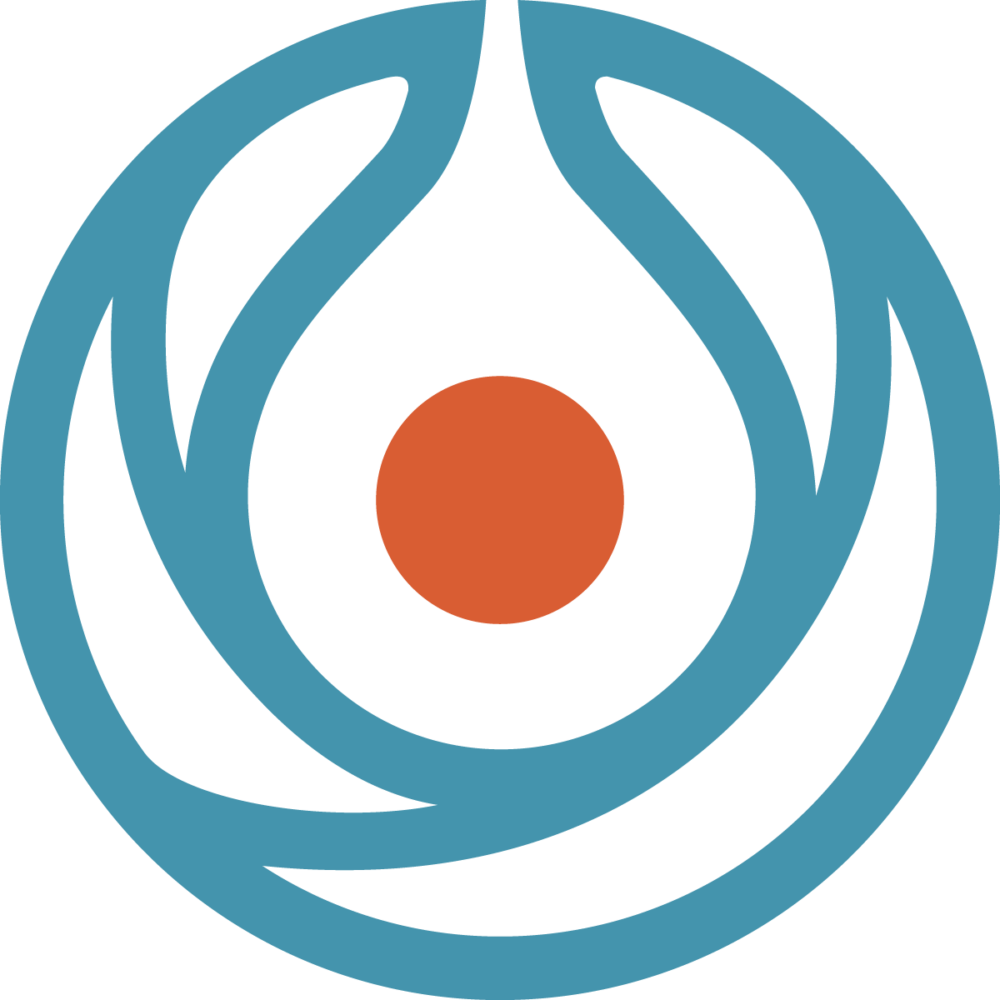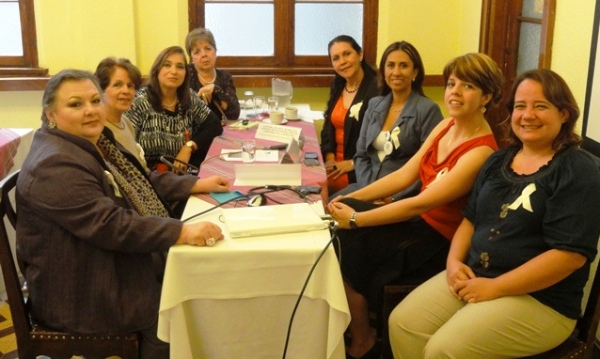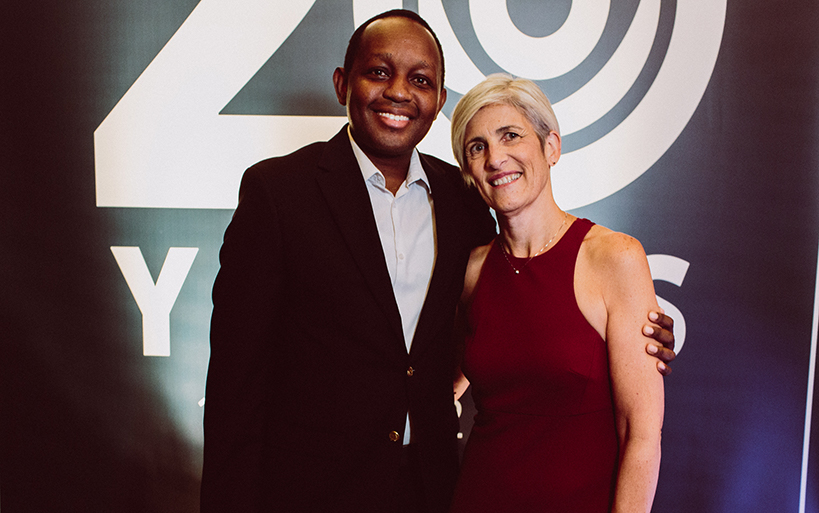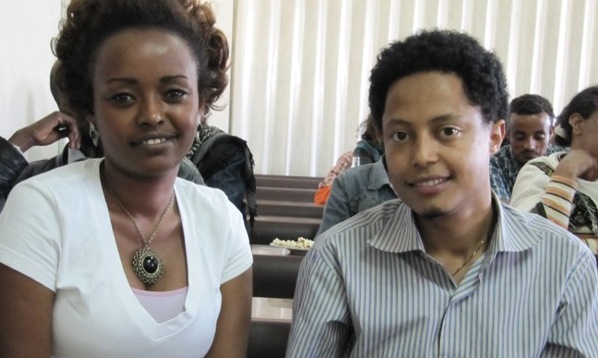Building a Cancer Coalition in Guatemala
In Guatemala, there are 14,200 new cases of cancer a year and from this amount 9,100 people die of cancer or 64.7%. Most of these diagnoses could have been prevented or better treated if diagnosed early. In Guatemala only the persons who have access to the national social security plan have free services and treatment, but poor quality and lack of medications or in most occasions. People who do not have social security have to pay for health services and for medications. As per statistics taken from Globocan 2008, the most common cancers in Guatemala are prostate, cervix, stomach, breast and lung cancers.




